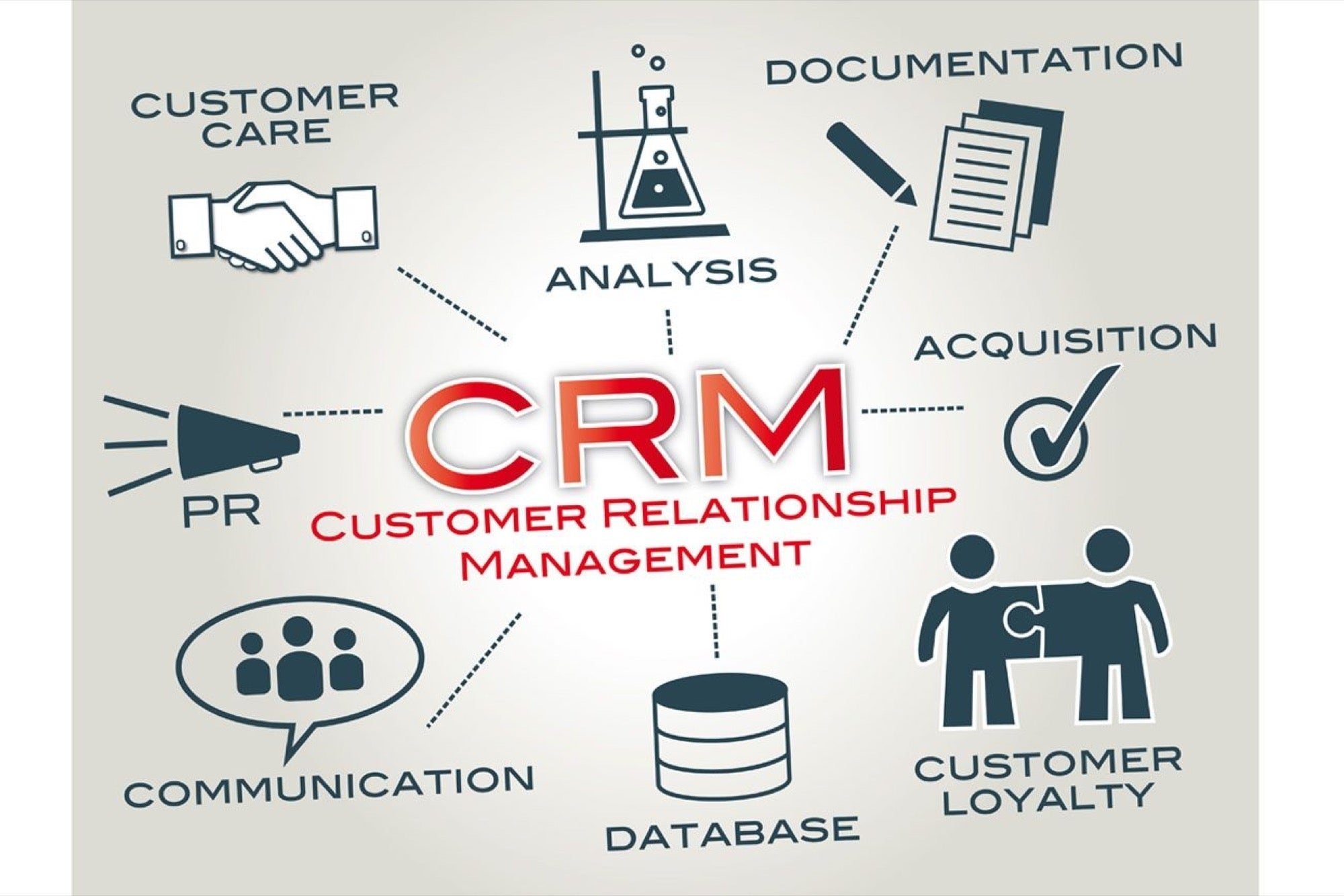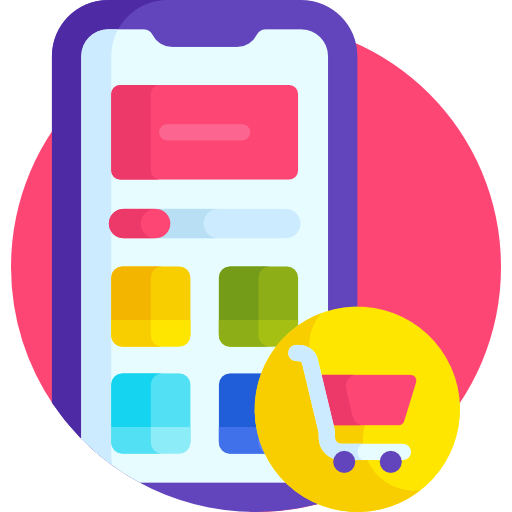CRM systems are a tool used by businesses to manage and track interactions with their customers. With a CRM system companies can have a 360-degree view of their clients, improve and automate their sales and marketing processes, and increase the retention of their customers. Businesses looking to expand and grow their operations will require CRM software. There are numerous types of CRM software that are available on the market, therefore it’s essential to choose a system which is tailored to the specific requirements of your company. If you’re working with a large sales force the CRM software can help you track and manage their activities. There are CRM systems which can be customized for small-scale businesses that have limited funds. There’s a Sales CRM software solution that is suitable for all kinds of businesses.

A CRM program for sales is a web-based application that aids sales teams in managing their interactions with current and prospective customers. Companies can gain valuable insights about customer behavior by keeping track of the customer’s information such as contact information and purchases. Companies can utilize this data to optimize their sales strategies as well as grow their business. Sales CRM software may come with a number of features that make it simpler to sell, which includes automated lead generation as well as follow-up activities. Thus, companies that utilize sales CRM software can enjoy a significant advantage in competition.
A successful sales team will recognize that customer relationship management is vital to their performance. CRM software allows sales teams track customer interactions, identify opportunities, and make more sales deals. It can be hard to choose the ideal CRM software for your company because of the many options available. Here are six features you should look for in a CRM system:
1. Lead tracking: A good CRM software will allow you to track and manage leads from start to finish. This includes keeping track of contact information and communications as well as tasks that go along with every lead.
2. Control of deals CRM software can assist to manage every aspect of the sales process. This includes tracking deals and creating deals as well as assigning tasks and setting deadlines.
3. Contact management: CRM software will help you keep track of all of your contacts’ details. This includes your contact information as well as the history of communications, and notes.
4. Monitoring opportunities: A great CRM software can help keep track of all aspects of your opportunities. This means keeping track of the potential revenue, the probability of closing the deal, and the next steps to follow in your sales process.
5. Analytics and reporting Reports and analytics a CRM system that is well-designed will provide an overview of your sales pipeline. The data you collect can help determine trends and areas for improvement.
6. Integration: CRM software that integrates well with other systems for business, such as your email marketing platform, or accounting software, is a smart choice. It ensures that your information is seamlessly shared across all of your systems making it easy to access the information you require when you need it.
Software that can be utilized to assist you in expanding your business through sales CRM in a variety of ways. Sales CRM software helps you automate tasks, organize information for customers and provides information about customer behavior. It also helps you make informed and more efficient choices about how you can maximize your marketing and service to your customers. We recommend that you explore all options available you and see what they can do for your company. The right tools will allow you to concentrate on what you’re most proficient in selling.
For more information, click sales outreach

